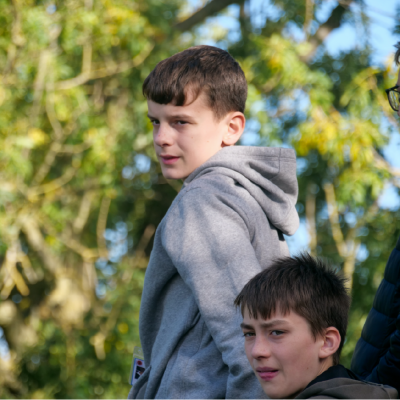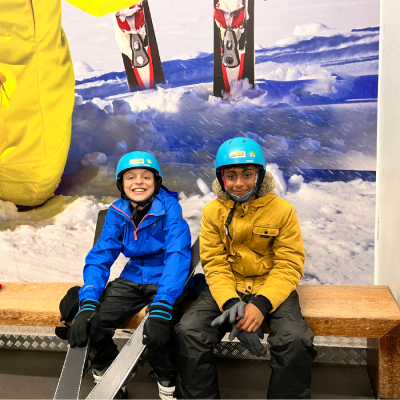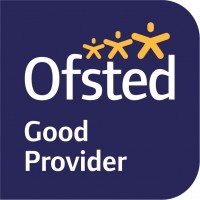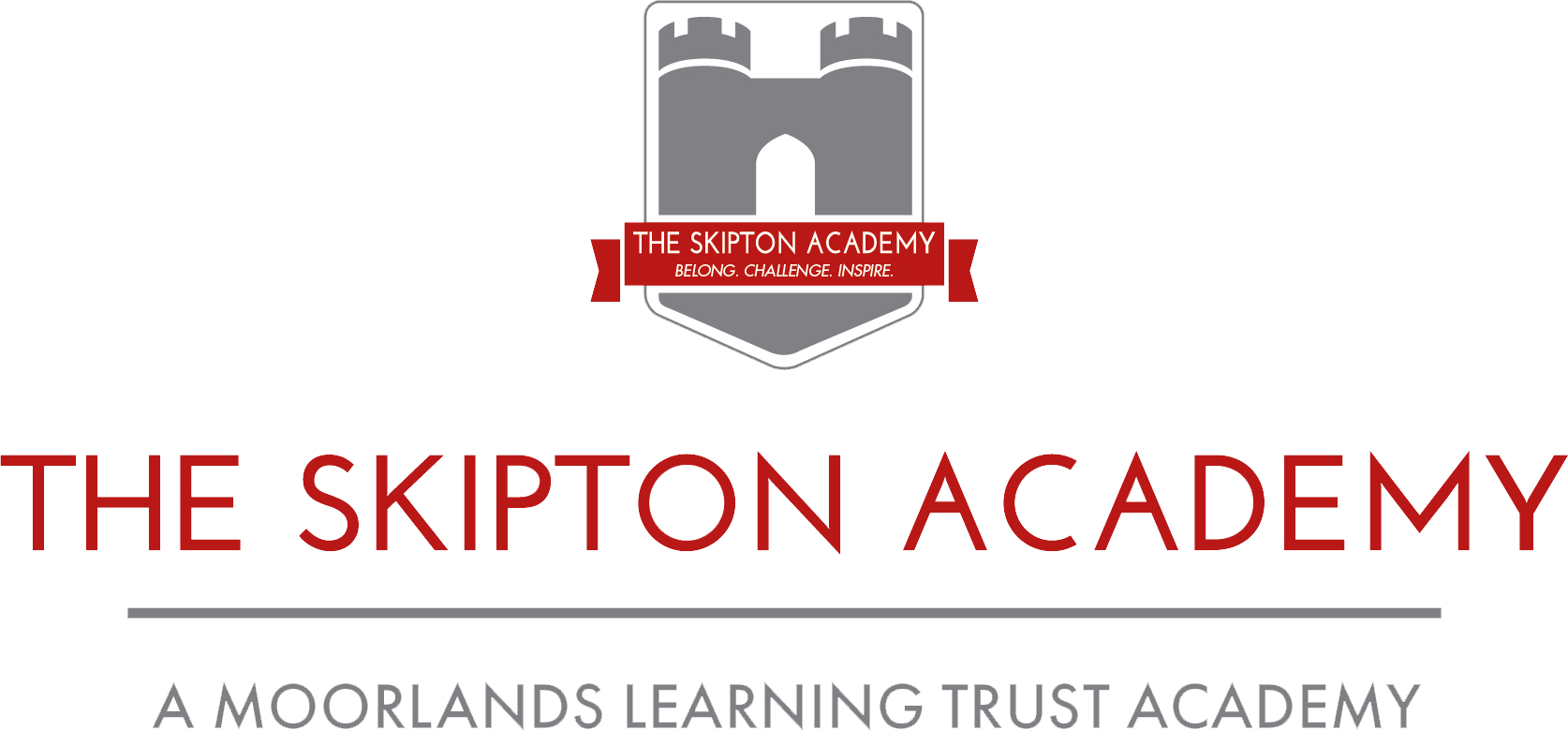The Skipton Academy remote education provision: information for parents
This information is intended to provide clarity and transparency to students and parents or carers about what to expect from remote education if local restrictions require entire cohorts, classes or bubbles to remain at home, or in the event of a government directed school closure.
For details of what to expect where individual pupils are self-isolating, please see the final section of this page.
The remote curriculum: what is taught to students at home
A student’s first day of being educated remotely might look different from our standard approach, while we take all necessary actions to prepare for a longer period of remote teaching.
What should my child expect from immediate remote education in the first day or two of pupils being sent home?
| All students will be able to access work via Showbie in line with their timetable. Using this platform, they will be able to submit their work and receive feedback in various forms from their class teacher. |
Following the first few days of remote education, will my child be taught broadly the same curriculum as they would if they were in school?
|
• |
We teach the same curriculum remotely as we do in school wherever possible and appropriate. |
|
• |
All students will be taught a planned and well-sequenced curriculum so that their knowledge and skills are built incrementally and so that they can progress through the school’s curriculum. |
|
• |
However, we have needed to make some adaptations in some subjects, for example conducting practical experiments in science or technology. Some departments may make the decision to teach a topic that is more suited to remote learning and readjust the sequence of the planned curriculum, ensuring curriculum coverage is maintained
|
Remote teaching and study time each day
How long can I expect work set by the school to take my child each day?
We expect that remote education (including remote teaching and independent work) will take students broadly 5 hours each day, although further independent study is likely for students in examination years:
|
Secondary school-aged pupils not working towards formal qualifications this year |
Students will follow their normal timetable therefore should expect 5 lessons worth of work to complete. Staff are not required to set additional homework but can do so if it is important for learning. |
|
Secondary school-aged pupils working towards formal qualifications this year |
Students will follow their normal timetable therefore should expect 5 lessons worth of work to complete. For some qualifications, students may be asked to also complete homework or revision tasks to prepare for common assessment tasks. |
Accessing remote education
How will my child access any online remote education you are providing?
| The primary platforms used to deliver remote education are Microsoft Teams and Showbie. Showbie is used as a platform to set work, submit work and for teachers to provide feedback whereas Microsoft Teams is used to deliver live lessons. |
If my child does not have digital or online access at home, how will you support them to access remote education?
We recognise that some pupils may not have suitable online access at home. We take the following approaches to support those pupils to access remote education:
|
Identifying students: An audit takes place at the start of lockdown to ascertain if any students are without a device which is then followed up by direct contact and communication from pastoral teams. There is regular and on-going monitoring of ‘non-submission of work’ via ClassCharts followed by contact from the pastoral team to ascertain if this is due to technology barriers. How we distribute devices: We have a number of devices that can be loaned to students to support their remote learning. This is centrally organised and recorded by the school. We also have data cards should parents report that data or Wi-Fi is a contributing factor. |
How will my child be taught remotely?
We use a combination of the following approaches to teach pupils remotely:
|
1 in every 3 lessons will contain a live element via Microsoft Teams. This live element will take different forms depending on a number of factors, including but not exclusive to: -the class -the period of the school day -the stage in the scheme of work/learning cycle For example, teachers may use live elements to introduce new learning, model new skills and knowledge, engage in Q&A and formative assessment, work with small groups of students or to be available to answer questions during independent work. Teachers will use Showbie to complement the delivery of the curriculum, providing resources, narrated PowerPoints and feedback to students. It is important to acknowledge that there will be occasions where staff are unable to meet the above requirements due to illness, dependents, bereavement etc. and as such reasonable adjustments will be made to ensure students can continue to learn and progress. |
Engagement and feedback
What are your expectations for my child’s engagement and the support that we as parents and carers should provide at home?
|
It is our expectation that all students attend all live lessons, complete all work set, engage fully in all lessons and submit work as instructed by their teacher unless parents have communicated with the school that there is a reason they are unable to. Parents/carers can support their child by ensuring they are organised, ready for the school day and communicate with their teachers if they have any queries. |
How will you check whether my child is engaging with their work and how will I be informed if there are concerns?
|
We have introduced a Remote Learning tab on ClassCharts to promptly inform parents/carers if their child has: -missed a live lesson -not submitted work/missed a deadline -displayed inappropriate behaviour in an online lesson. These are labelled as ‘info-only’ and do not accrue negative points on ClassCharts. Where engagement is an on-going concern, Heads of Year and the pastoral teams contact parents to ascertain if there are any barriers to learning. |
How will you assess my child’s work and progress?
Feedback can take many forms and may not always mean extensive written comments for individual students. For example, whole-class feedback or quizzes marked automatically via digital platforms are also valid and effective methods, amongst many others. Our approach to feeding back on student work is as follows:
|
Teachers provide formative (non-assessed) feedback to students every 3-4 lessons or weekly depending on which is sooner. This feedback can take multiple forms and is designed to diagnose common misconceptions, individual misconceptions and whether knowledge and skills are secure. Some of the forms this feedback may take are: • Live verbal feedback during a Teams lesson • Whole class feedback or ‘capture’ sheets • Voice notes on Showbie • Written feedback (class or individual) • Amendments to planning to re-teach core knowledge and deal with misconceptions • Low stakes quizzing through platforms such as Microsoft Forms, Kahoot etc.
Summative assessment (graded assessments) can continue during school closure in line with normal assessment calendars. However, we are aware of, and have planned for, the need to modify our approach to ensure fairness and parity. For example, summative assessments may be given a raw score or level rather than a grade and students may be allowed to use notes and prompts rather than trying to recreate a ‘mock’ experience. |
Additional support for pupils with particular needs
How will you work with me to help my child who needs additional support from adults at home to access remote education?
We recognise that some students, for example some students with special educational needs and disabilities (SEND), may not be able to access remote education without support from adults at home. We acknowledge the difficulties this may place on families, and we will work with parents and carers to support those students in the following ways:
|
• |
An emphasis on Quality First Teaching and scaffolding in order to maintain your child’s usual provision or as close as possible to their usual provision |
|
• |
Individual pupil passports should be adhered to |
|
• |
All students with an EHCP are allocated a key worker |
|
• |
Where possible, some Teaching Assistants (Tas) are deployed to classes as per the normal timetable to support whole class and individual students in consultation with the teacher (NB: In extended lockdown, some TAs are providing in-school support and supervision to vulnerable students on site) |
|
•
|
Correspondence, support and communication with the SENDCo |
Remote education for self-isolating pupils
Where individual pupils need to self-isolate but the majority of their class/bubble remains in school, remote education provided will likely differ from the approach for whole groups. This is due to the challenges of teaching pupils both at home and in school, known as blended learning.
If my child is not in school because they are self-isolating, how will their remote education differ from the approaches described above?
| Students will continue to be set work in line with their school timetable. Showbie will once again be utilised as the main platform to set work, submit work and for students to receive feedback. Students will continue to engage in a well-sequenced curriculum with meaningful work each day. |












